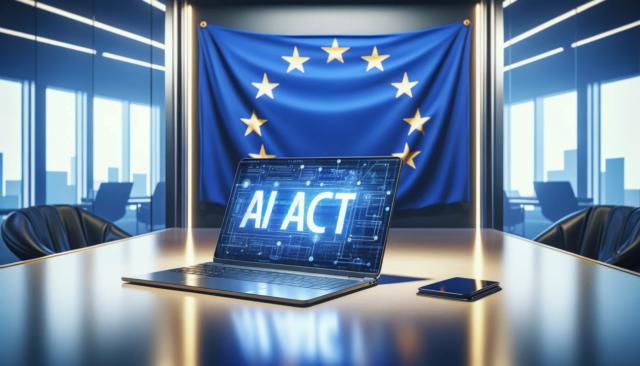
In a groundbreaking move, European lawmakers have successfully negotiated the world’s first comprehensive artificial intelligence (AI) regulations, setting a global precedent for the legal oversight of AI technologies. This historic achievement represents a significant milestone in addressing the challenges and opportunities posed by rapidly advancing AI capabilities.
Key Highlights of the AI Regulation:
- The introduction of bans on real-time biometrics and predictive policing in public spaces to safeguard privacy and civil liberties.
- A prohibition on social scoring practices by public agencies, preventing the use of personal data for generalizations and profiling.
- The establishment of new restrictions for generative AI, including the prohibition of using copyrighted material in training sets for large language models like GPT-4.
- Implementation of new regulations on recommendation algorithms on social media, categorizing them as “high risk” and subjecting them to heightened scrutiny.
These measures are part of a broader effort to ensure that AI technologies are developed and deployed in a manner that prioritizes human rights, privacy, and ethical considerations. European Commission executive vice president Margrethe Vestager emphasized the importance of maintaining trust and societal cohesion in the face of potential risks such as social manipulation and mass surveillance.
Navigating the Regulatory Landscape:
The path to enacting these regulations has involved extensive negotiations among European Parliament members, the European Commission, and individual EU countries. The legislation aims to balance the need for innovation and competitiveness in the AI sector with the imperative to protect individuals and society from potential harms.
Critics and supporters alike recognize the complexity of regulating such a dynamic and multifaceted domain. While some policing groups and countries express concerns over restrictions on technologies like facial recognition, the overarching goal of the regulation is to foster an environment where AI can contribute positively to society without compromising fundamental rights and freedoms.
The Broader Impact:
The EU’s AI Act is not only a significant development within Europe but also sets a precedent for other regions considering how best to govern the use of AI. By taking a comprehensive and principled approach, the EU positions itself as a leader in the global dialogue on AI governance, potentially influencing international standards and practices.
This landmark legislation underscores the EU’s commitment to ensuring that AI serves the public good, reflecting broader societal values and ethical principles. As AI technologies continue to evolve, the EU’s regulatory framework provides a blueprint for responsible innovation, emphasizing the need for transparency and accountability.
The development of the EU’s AI Act is a testament to the region’s leadership in addressing the multifaceted challenges posed by AI. As the world watches, the success of these regulations in balancing innovation with ethical considerations will likely influence future efforts to govern AI globally.










